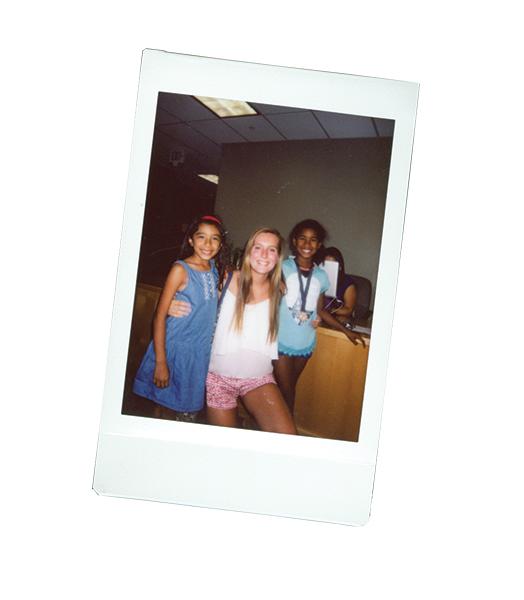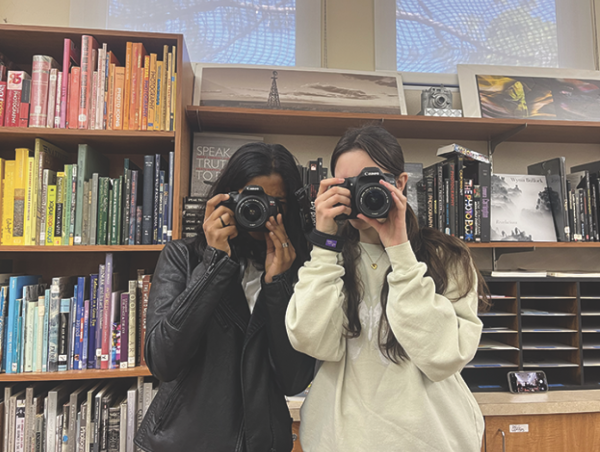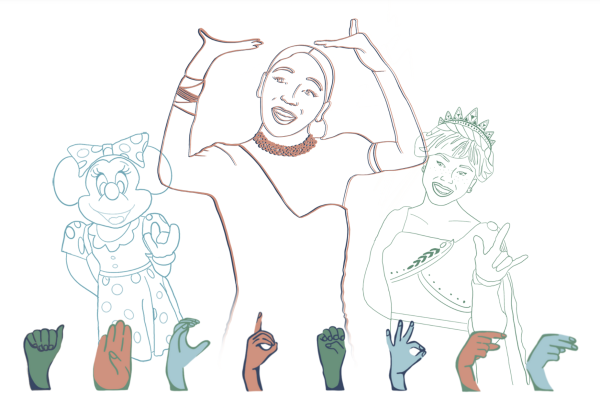C Magazine Perspective: Undocumented
A follow up
 A year after writing the C Magazine cover story Undocumented with fellow editor Sarah Shapiro, I wanted to take advantage of the opportunity to touch on the impact of journalism and the importance of understanding people’s real stories, especially from the voices of the voiceless.
A year after writing the C Magazine cover story Undocumented with fellow editor Sarah Shapiro, I wanted to take advantage of the opportunity to touch on the impact of journalism and the importance of understanding people’s real stories, especially from the voices of the voiceless.
For the first time in almost five months, I walk through the front doors of Beechwood, a private K-8 school in East Menlo Park, California that serves predominantly low-income and undocumented students in the Bay Area. Even though it has been so long, I can feel the familiar, positive energy of the school grounds the second I walk through the front gate. Before I reach the main office, a swarm of young students surround me, asking my name, introducing themselves, and inviting me to play soccer with them. I greet each one, and try my very best to remember their names. I’m already beaming and it has only been thirty seconds.
The first time I visited Beechwood, I was preparing to write an article for Palo Alto High School’s arts and culture magazine about the experiences of undocumented students trying to apply to high school or college without social security numbers. While the community in which I have grown up is successful and affluent, just a mile from my doorstep are neighborhoods entrenched in poverty and fighting high crime rates. I am a people person, so getting to interact with and interview families who struggle to provide food and shelter was really compelling and eye-opening to me. For the article, I interviewed an eighth grade student at Beechwood and her mother. The mother could barely speak English, so I conducted my entire interview in Spanish. Fortunately, I have studied Spanish through the AP level, but this was different, it was a real and purposeful conversation. I needed to understand everything clearly, otherwise facts in my article would be faulty. The mother explained her family’s journey from Peru to the United States, her passionate hope that her children would attend college and find jobs, and her despair over not having seen her parents or siblings in twelve years. By the end of the interview she was in tears, yet grateful for her story to be told.
After my article was published, I could not stop thinking about Beechwood, about the student, about her mother. After about a month, I received an email from a staff member at the school. The student had been waitlisted at local private high schools; my heart sank. But then the last paragraph caught my eye, “…in a last attempt to persuade [high school of best fit], our Graduate Services Coordinator took your magazine over to the school and shared it with the principal. Yesterday…we got the call that [she] was in!”
I stared at the words until they blurred from my tears. I laughed and cried at the same time. While I had begun my article with the intention of enlightening my community on the true stories of undocumented students and their families, suddenly, I was able to help a girl gain admission into a private high school that would be able to support and guide her despite her status as an undocumented student applying to colleges.
Now, almost five months later, Beechwood has become an integral part of my life. During the summer, I volunteered every weekday to help with the summer program for K-3 students. The happiness I experienced from interacting with the students and staff members is something I have grown to treasure. Helping a student solve a math problem or swim across a pool for the first time, and knowing that I played a role in helping them get there, is more rewarding than any test score, GPA, or AP score I have ever earned. My time spent with each of these students has taught me that it is not necessary to cross oceans and continents to help people in need; in fact they are right next door. My article taught me that your words can make an impact, and that letting your curiosity help guide your decision making can lead to life changing experiences.






